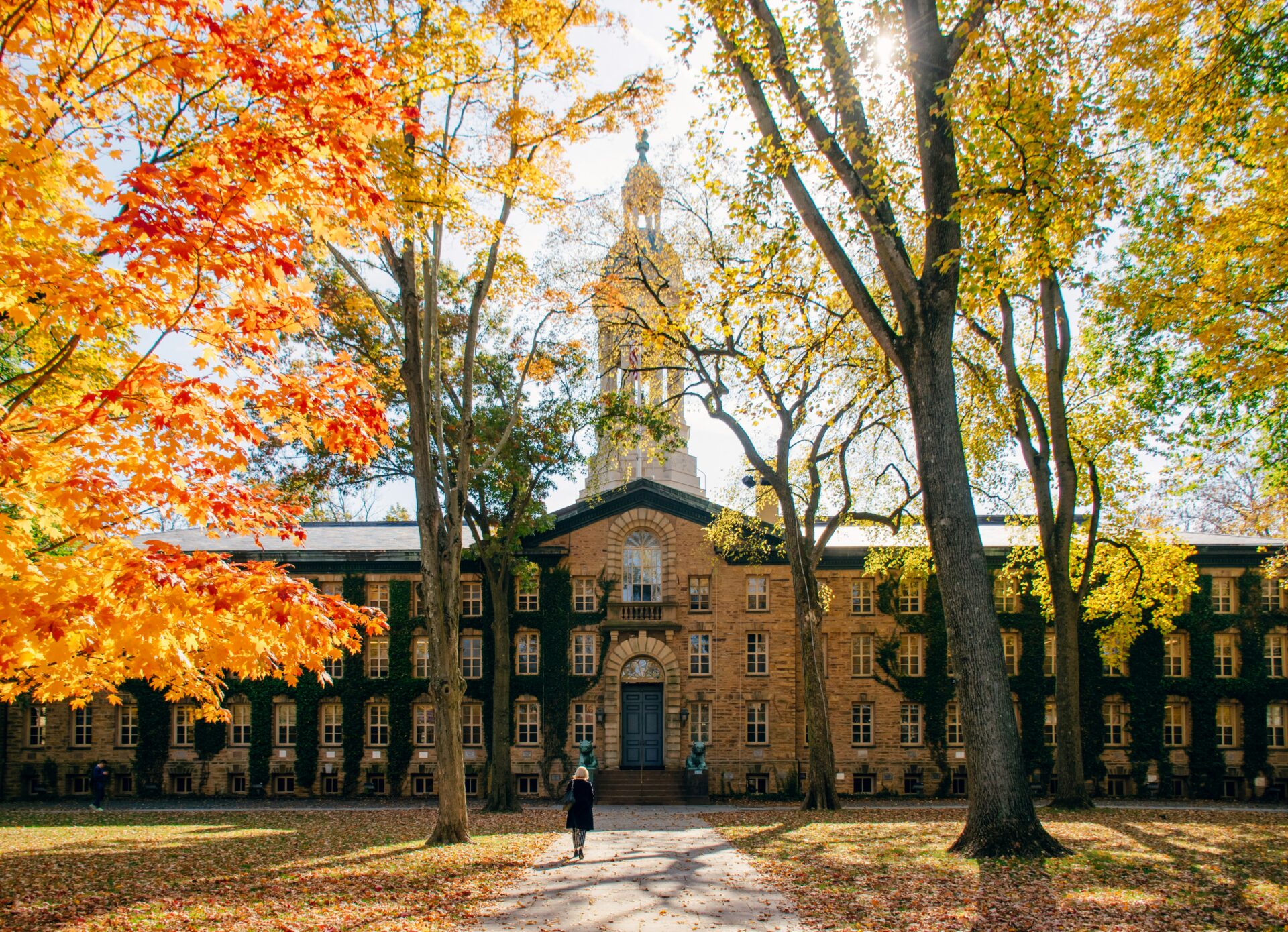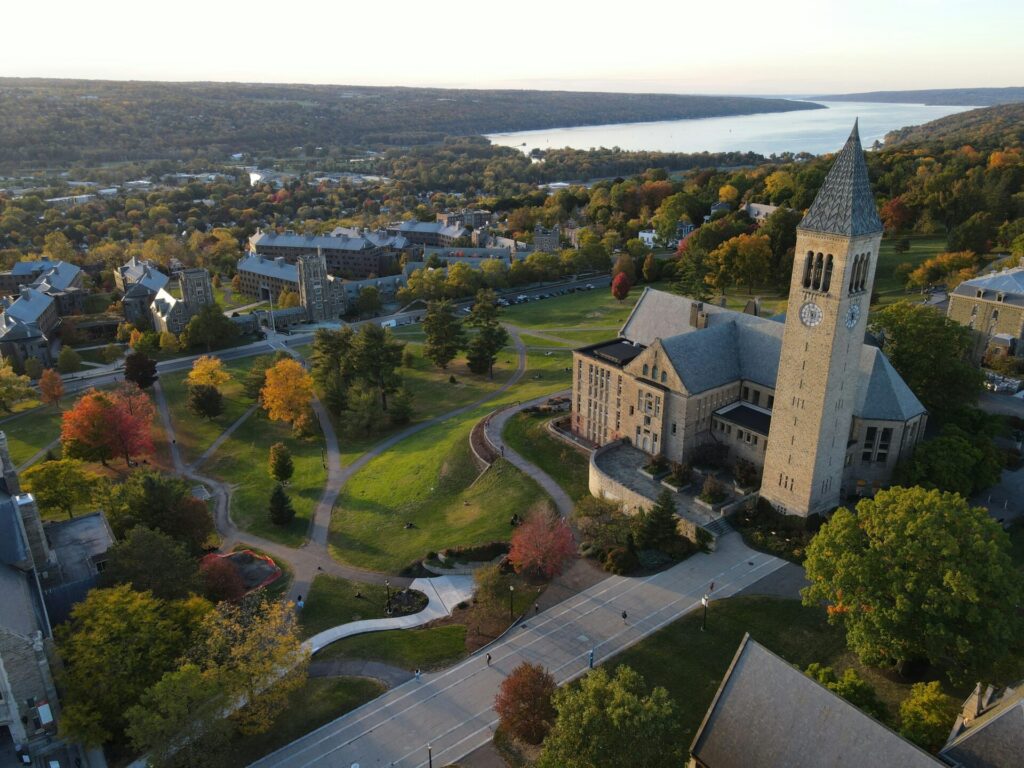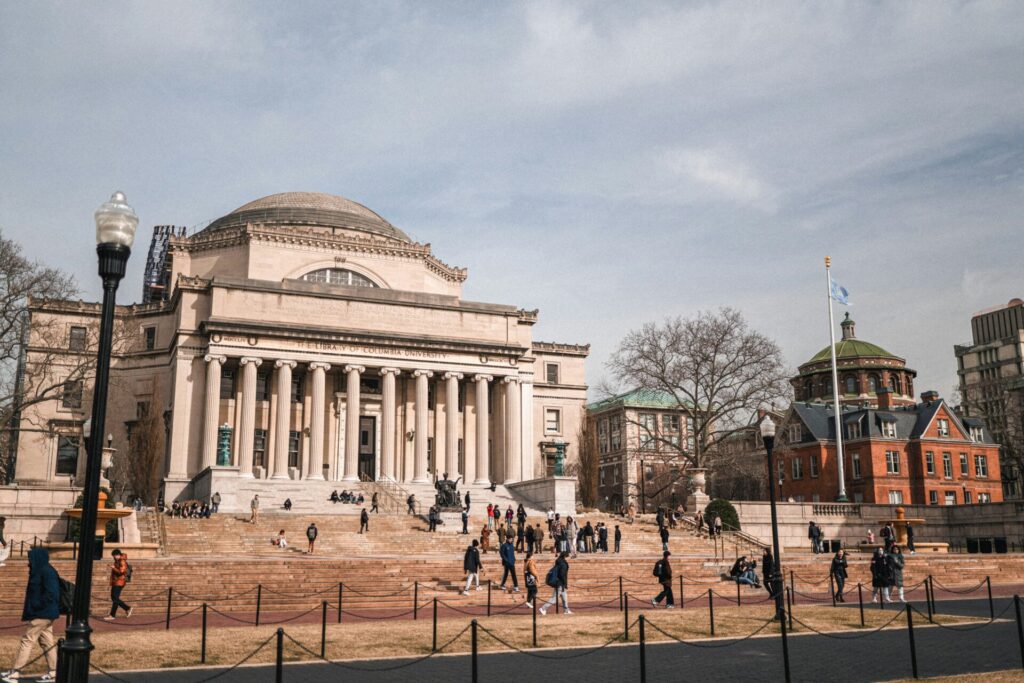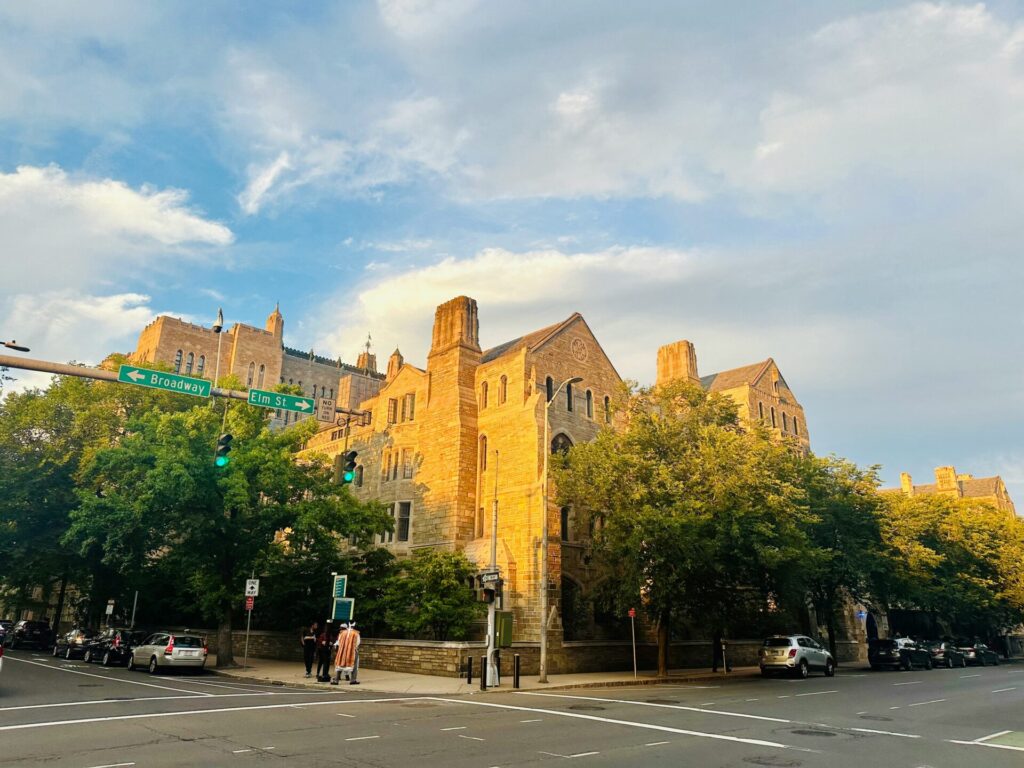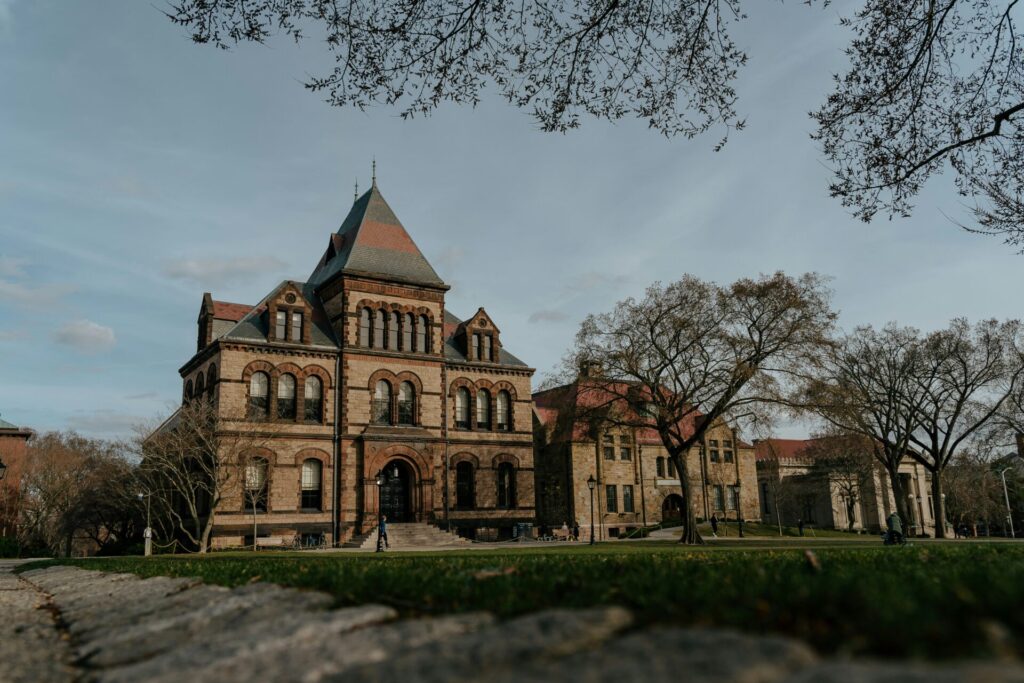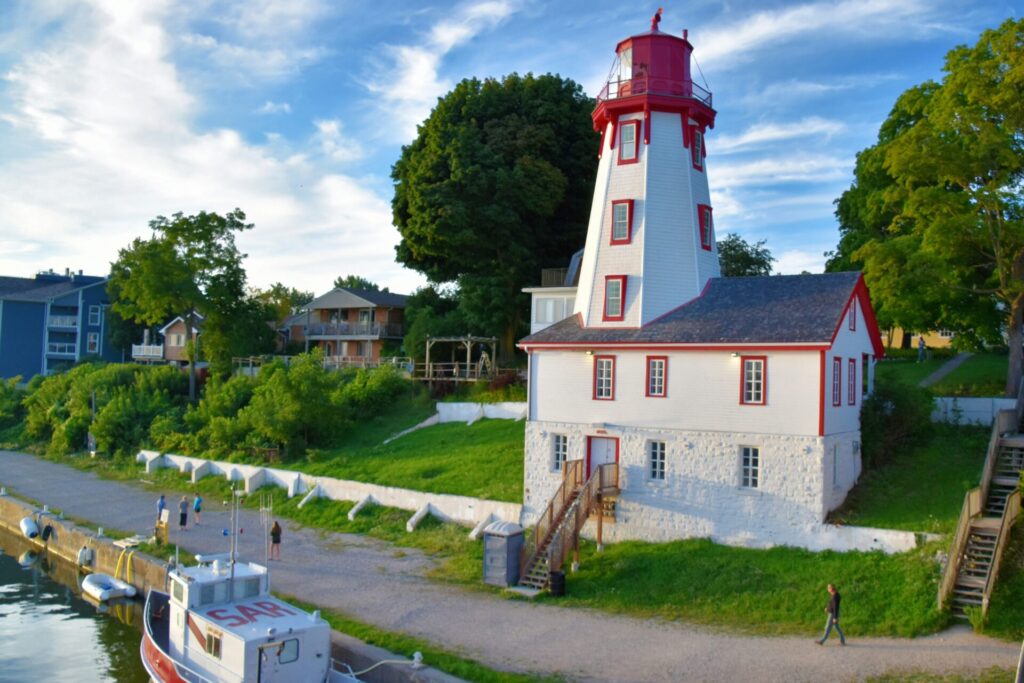Princeton University offers a range of summer programs aimed at high-achieving high school students who want to engage in advanced academic work, build university readiness, and gain exposure to college life at one of the most prestigious institutions in the United States. These programs span a variety of subjects and formats – some are residential, some commuter-based, and others are run in partnership with external organisations.
Standout offerings include the Princeton Summer Journalism Program, which is free and highly selective for students from underrepresented backgrounds; the Princeton University Summer Institute for the Gifted, which provides enrichment across STEM, humanities, and the arts; and the Princeton Summer Research Experience, aimed at students exploring science or engineering. We’ve broken down the full list of programmes below.
Each programme is designed to stretch students beyond the standard high school curriculum. Participants work alongside academics, researchers, and peers who share their intellectual curiosity. While most of these programmes are not directly run by the university’s undergraduate admissions office – and don’t guarantee any admissions advantage – they do offer access to Princeton facilities, faculty, and the academic environment that defines the Ivy League experience.
For motivated students ready to tackle advanced material and engage in critical thinking, Princeton’s summer programmes offer a serious and prestigious learning opportunity.
10 Summer Options at Princeton University for High School Students
1. Princeton Laboratory Learning Program (LLP)
- Subject Areas: Science and engineering research (e.g., machine learning, biomedical research, physics)
- Outcomes: Hands-on research, exposure to advanced methods, strong college application experience
- How to Apply:
- Online application (Feb 15–Mar 15), indicate up to two research interests
- Basic info, proof of housing/transport (non-residential)
- After acceptance: parental consent, health insurance, teacher reference
2. Princeton Summer Journalism Program (PSJP)
- Subject Areas: Journalism, humanities, arts, culture, social issues
- Outcomes: Journalism skills, visits to news organizations, college counseling
- How to Apply:
- Online application (by Feb 15)
- Academic/financial info, three short prompts, one essay/article
- Teacher/counselor contacts
- Semi-finalists: tax docs; finalists: video interview
3. Princeton University Preparatory Program (PUPP)
- Subject Areas: Writing, literature, math, science, sociology, personal development
- Outcomes: Academic and personal growth, research symposium, college prep
- How to Apply:
- Nomination by partner high school (freshman year)
- Application, transcript, teacher rec, writing sample, group interview
4. Princeton Plasma Physics Laboratory (PPPL) High School Internship
- Subject Areas: Plasma physics, fusion energy, programming, CAD
- Outcomes: Research experience, mentorship, coding/design skills
- How to Apply:
- Online application (Nov 20–Mar 1)
- Essays, transcript, one recommendation letter
5. Program in Algorithmic and Combinatorial Thinking (PACT)
- Subject Areas: Discrete math, algorithms, combinatorics, probability, cryptography
- Outcomes: Advanced math/CS skills, guest lectures
- How to Apply:
- Statement of interest, unofficial transcript, two recommendations (one math)
6. W.E.B. Du Bois Scholars Institute
- Subject Areas: Engineering, leadership, pre-med/biological sciences
- Outcomes: Academic prep, critical thinking, leadership
- How to Apply:
- Online application (by Jan 18)
- Academic records, essays, recommendations
7. James Madison Seminar on the Principles of American Constitutionalism
- Subject Areas: U.S. history, political philosophy, primary source analysis
- Outcomes: Analytical skills, deep understanding of constitutional principles
- How to Apply:
- Online application (by Feb 25)
- Short essays, academic record, teacher recommendation
8. Princeton University Sports Camps
Overview:
Princeton hosts over 70 sport-specific camps and clinics annually for young athletes, directed by varsity coaches with assistance from college coaches and players. Overnight campers stay in university dorms and eat in campus dining halls. Camps are held on Princeton’s historic campus and use top-tier athletic facilities.
Subject Areas:
- Baseball, Basketball (Boys/Girls), Cross Country, Fencing, Field Hockey, Football, Ice Hockey (Boys/Girls), Lacrosse (Boys/Girls), Rowing, Rugby, Soccer (Boys/Girls), Squash, Softball, Strength & Conditioning, Swimming & Diving, Tennis, Track & Field, Volleyball (Boys/Girls), Water Polo, Wrestling, and more.
Outcomes:
- Sport-specific skills and training
- Access to elite coaching and facilities
- Exposure to college-level athletics
- Opportunities for personal growth and teamwork
How to Apply:
- Online registration via the Princeton Sports Camps website
- Select your sport and session(s)
- Complete the registration form and submit payment
- For some camps (e.g., Track & Field), campers entering grades 9–12 are eligible, and certain events may have equipment requirements (e.g., throwing implements)
- Camp-specific details, schedules, and refund policies are provided on the camp website.
9. Freshman Scholars Institute (FSI)
Overview:
A summer bridge program for incoming Princeton first-year students who are invited to participate. FSI supports students’ transition to Princeton and offers academic enrichment and community-building.
Subject Areas:
- College-level coursework and seminars
- Academic skills and community engagement
Outcomes:
- Academic preparation for Princeton
- Early campus experience and support network
How to Apply:
- By Invitation Only: Students are invited by Princeton Admissions
- Invited students confirm participation via the FSI website
10. Princeton Online (MOOCs)
Overview:
Princeton Online offers free, non-credit massive open online courses (MOOCs) through platforms like Coursera and edX. Courses are created by Princeton faculty and open to learners worldwide.
Subject Areas:
- Wide range: humanities, social sciences, STEM, ethics, global risk, constitutional interpretation, and more
Outcomes:
- Access to Princeton-quality instruction
- Self-paced learning and skill development
- No credit or formal certification
How to Apply:
- Visit the Princeton Online website
- Browse available courses and select one to enroll
- Registration is free and open to all; follow instructions on the course platform (Coursera, edX, etc.)
About Princeton University
Princeton University is one of the oldest and most respected Ivy League institutions in the United States. Founded in 1746 and located in Princeton, New Jersey, the university is known for its commitment to undergraduate teaching, world-class research, and historic yet vibrant campus life. Its small student body and tutorial-style approach foster an academic environment where critical thinking and intellectual rigour are central.
For high school students, experiencing a summer programme at Princeton is a rare opportunity to step inside this prestigious world. The campus itself is filled with grand libraries, lecture halls, and residential colleges that echo centuries of scholarly tradition. From the moment students arrive, they’re immersed in a culture that values curiosity, inquiry, and collaboration.
A summer school at Princeton can offer more than academic insight—it gives students a chance to live as undergraduates do, exploring the social, cultural, and intellectual rhythms of campus life. Whether participating in seminar discussions, researching big ideas, or simply walking the same paths as Nobel laureates and public leaders, the experience can be inspiring and transformational. For any ambitious student, it’s an exciting way to build academic confidence while gaining insight into what it’s like to study at one of the world’s top institutions.
Key Features of Princeton University Summer Programs for High School Students
Princeton University summer programs for high school students offer academically rigorous experiences that take place on or near the university’s campus. Many programmes are intensive and highly selective, requiring strong academic records and personal statements. Most are residential, allowing students to live in dorms and experience elements of college life. These programmes combine classroom learning with extracurricular events, guest speakers, and the chance to work closely with faculty, graduate students, or professionals in the field.
The advantages of Princeton University Summer Programs
Princeton’s summer offerings are known for their academic excellence and high expectations. Students benefit from being part of a learning community that values inquiry, collaboration, and intellectual depth. With subjects ranging from data science to creative writing, the programmes challenge participants to go beyond their usual curriculum and immerse themselves in advanced concepts.
For many students, the chance to study on the Princeton campus is transformative. They gain exposure to top-tier teaching, state-of-the-art resources, and the rhythm of life at a world-leading university. The opportunity to engage in discussions with peers who are equally driven helps to develop communication and critical thinking skills in a high-level setting.
Some programmes also offer direct research opportunities or mentoring, giving students experience of how knowledge is created and applied. These experiences can inspire future study decisions and provide clarity on academic goals. In all cases, participation is a mark of achievement and ambition – something that strengthens university applications and builds long-term confidence.
The disadvantages of Princeton University Summer Programs
Despite their many strengths, Princeton university summer programs for high school students come with limitations that are worth noting. First, access is highly competitive. Most programmes require extensive applications that include essays, transcripts, and recommendations, with acceptance rates often in the single digits. This makes them inaccessible for many well-qualified applicants due to sheer volume of interest.
Cost can also be a barrier. While some programmes are free or offer scholarships, others come with significant tuition and residential fees. For students without financial support, this may limit their ability to attend or mean choosing a less intensive alternative.
The short duration of most programmes – often one or two weeks – also means there is limited time to explore topics in depth. Students are given an introduction or overview rather than sustained engagement with a subject. And while the setting is impressive, the affiliation doesn’t guarantee any admissions advantage to Princeton itself.
Finally, some programmes are run by third-party organisations using the Princeton name or campus, meaning they vary widely in terms of academic quality and relevance. Careful research is essential to ensure the chosen programme aligns with personal goals and expectations.
Join the Immerse Education 2025 Essay Competition
Follow the instructions to write and submit your best essay for a chance to be awarded a 100% scholarship.

Princeton University Summer Programs vs Immerse Education USA Programs
Princeton’s summer programmes are academically advanced and designed for highly motivated students with clear academic goals. But they are also highly selective, often short, and in some cases operated externally. Immerse Education’s USA programmes offer a broader, more flexible alternative for high school students who want to explore subjects in depth while receiving personalised academic support.
Immerse runs summer schools in Boston, New York, and San Francisco – each chosen for its cultural and academic significance. The programmes are built around small-group learning, with each class capped at ten students.
Boston hosts courses in medicine, engineering, business and software – perfect for students drawn to Princeton’s science and policy tracks. New York offers business, banking, fashion, journalism and media, echoing Princeton’s leadership and communication focus. In San Francisco, Immerse explores software development, artificial intelligence, and start-up culture – ideal for STEM- and innovation-minded students.
Tutors are graduates from top universities who use a tutorial-style teaching model to help students think critically and articulate their ideas clearly. Students also attend enrichment sessions on leadership, public speaking, and university preparation – areas often missing from more traditional lecture-based programmes.
Accommodation, social activities, guest lectures, and city-based excursions are all part of the Immerse experience, creating a balanced and inspiring environment. Immerse provides depth, flexibility, and structure for students who want to go beyond the classroom and build confidence for their academic future.
For students whose main focus is gaining college credits, Immerse also offers the Online Research Programme, during which students work with a subject expert to produce a research project over time. With the accredited Online Research Programme, students can earn 3 college credits.
Are Princeton University Summer Programs Worth It?
For students who meet the entry requirements, Princeton summer programmes can be deeply rewarding. They provide rare access to Ivy League-level teaching, networking, and cultural enrichment. The experience can enhance a student’s academic confidence and motivation. However, they’re best suited to those already working at a high level, with a strong support system in place. For students looking for more guidance, longer engagement, or a more exploratory academic format, alternatives like Immerse Education may offer a better overall fit.
How to Apply for Princeton University Summer Programs
Application processes for Princeton summer programmes vary, as they are often run by individual departments or partner organisations. Students should first identify the specific programme they’re interested in, then follow that programme’s dedicated application process. Most require a personal statement or essay, academic transcripts, and a letter of recommendation. Some may include interviews or require writing samples, especially for humanities-based programmes.
Deadlines typically fall in winter or early spring, and competition can be intense. It’s important to apply early, review all eligibility criteria, and carefully craft the written elements of the application. Where available, applying for financial aid or scholarships should also be done at the same time as the main application.
Final thoughts
Princeton University summer programs for high school students are excellent options for high-performing individuals ready to challenge themselves in an Ivy League setting. But they aren’t the only way to access meaningful academic enrichment. Immerse Education’s USA programmes provide students with the opportunity to explore similar subjects in world-class cities, taught by expert tutors in supportive, discussion-led environments. With options tailored to high school students and a focus on both academic and personal growth, Immerse offers a summer experience that is just as transformative – without the barriers that can come with more traditional, ultra-selective programmes.










